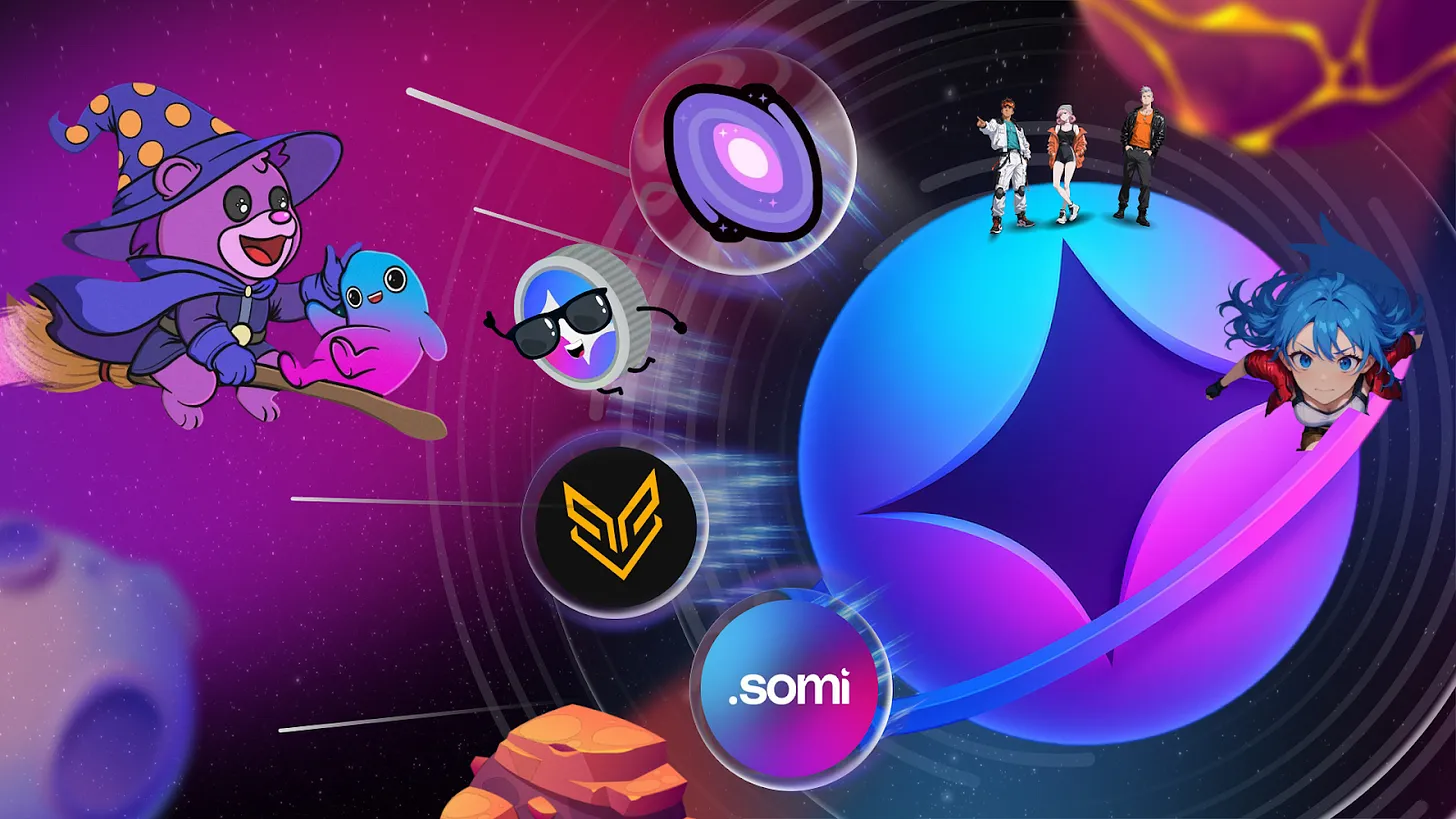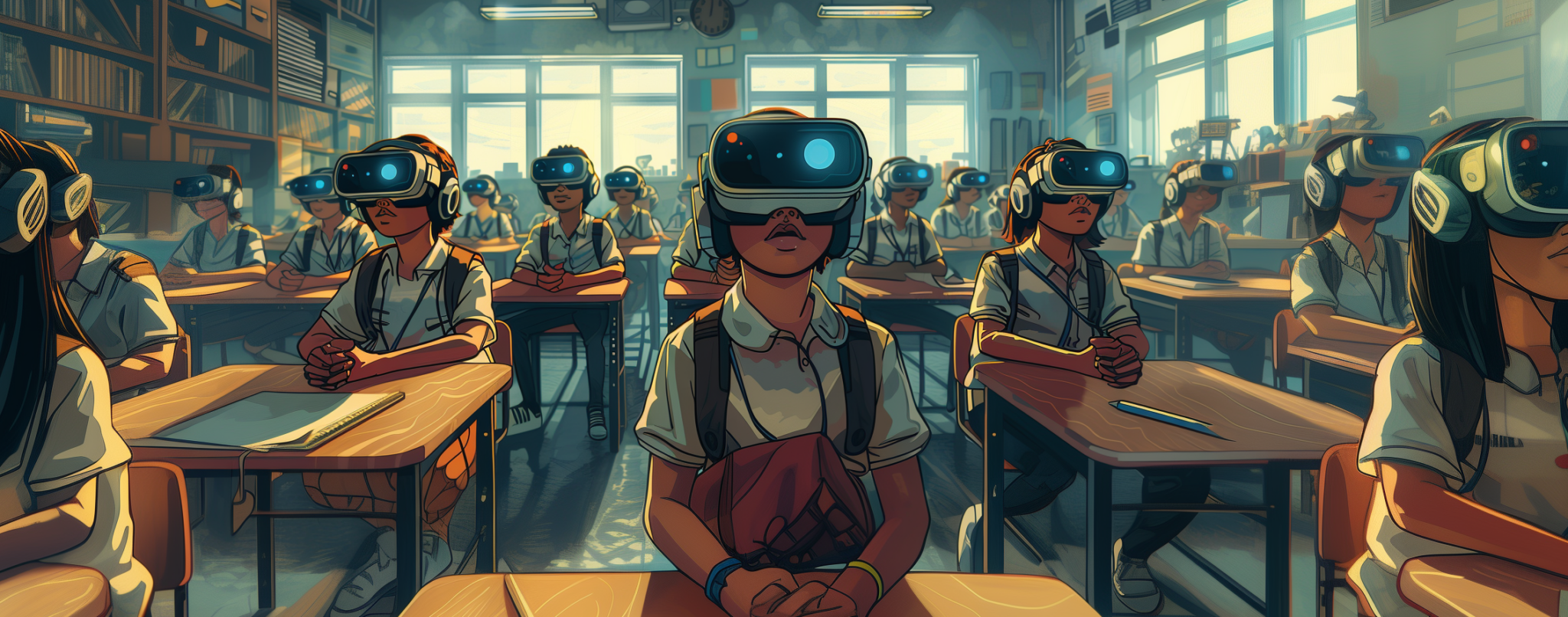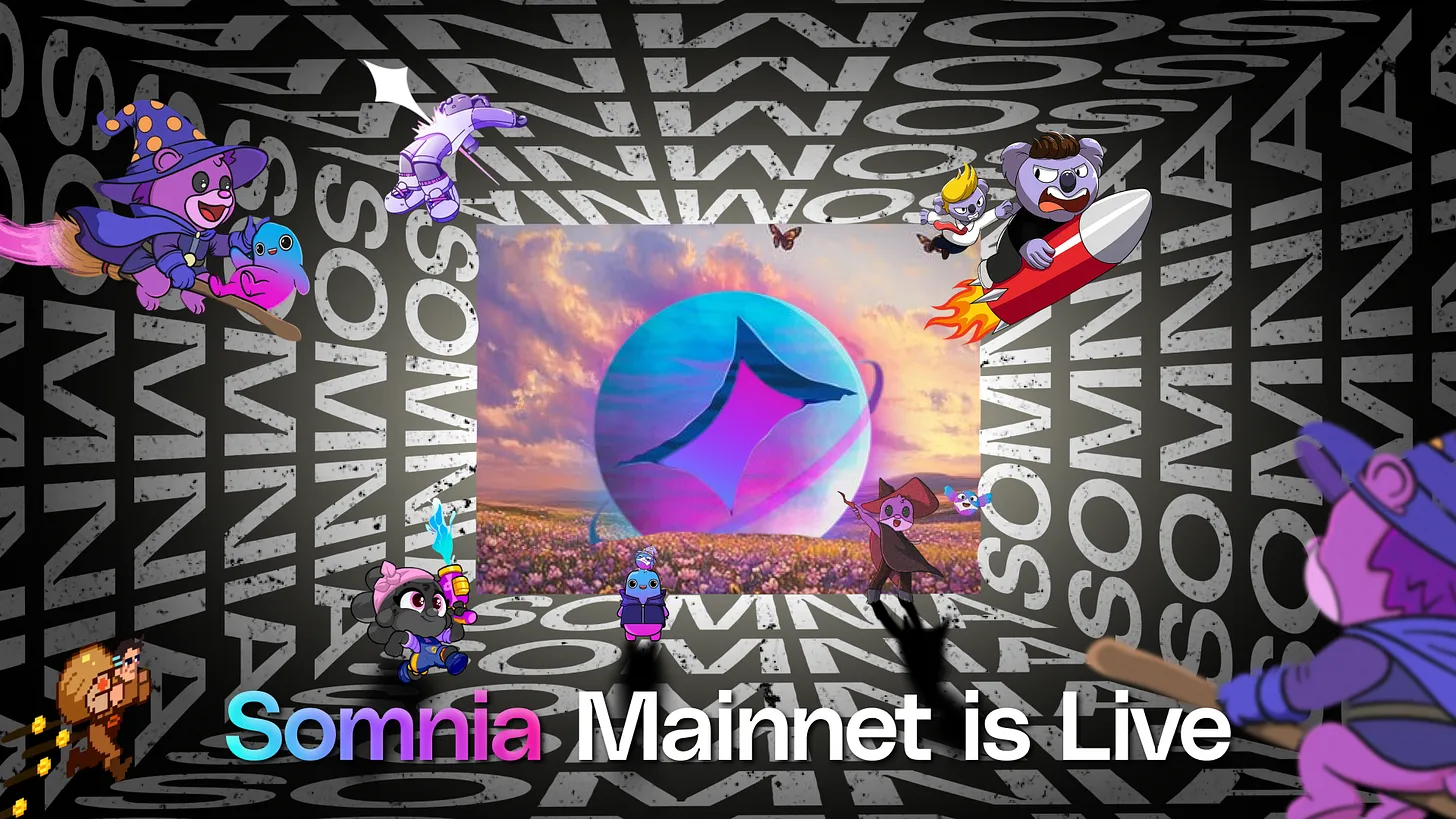
How The Metaverse Will Transform Education

Education and the way that most young people learn has been heavily disrupted over the past 20 years, as more options have become available on the internet. Very little has changed about the structure of education, but schools are not the only source of information for young people these days. Schools are providing the basics, but now there is a wealth of knowledge online for people to explore on topics that they’re actually interested in.
Problems in Education
Throughout much of history, the purpose of formal education was just as much about upholding existing hierarchies as it was about learning. At first, only the nobility and wealthy had access to education in many parts of the world. Education has become more accessible in more recent centuries, but it is still extremely stratified along lines of class, especially for students that go on to University and those that don’t.
Our existing education systems are still based on many old ways of thinking, and it’s not working out great for students. There are a variety of different reasons why rates of depression have increased dramatically in young people over the past several decades, but the intense pressure to succeed in school is definitely at the top of the list.
New Opportunities For Learning In The Metaverse
In almost every way, learning online is better than a physical classroom, especially for students who don’t fit in with the one-size-fits-all model that is standardized across many schools in the world. However, some students do much better in a group learning environment where there is a lot of instruction and others to collaborate with.
This is where the metaverse fits in, by combining the best of both worlds, the Metaverse can drastically improve education opportunities in a way that is beneficial for students of all learning styles and ages.
Let’s take a look at the future of education in the metaverse.
Immersive Objects and Environments – One of the biggest complaints that students have about classrooms is that they’re boring! Sitting still all day looking at the same four walls can make many young students feel like they’re in a prison, but in the metaverse, their surroundings can be transformed into exciting and educational virtual spaces. For example, virtual field trips can be taken to historical sites or scientific locations. Students can also experiment with interactive 3D models for subjects like biology, chemistry, or engineering.
Enhanced collaboration – In person schooling allows students to collaborate with a small group of people who are likely from the same neighborhoods and same ages. However, the metaverse opens up classrooms to the entire world, and allows students to interact with other students from around the world, giving them a deeper sense of shared culture and a wider understanding of the world outside their neighborhood. This also opens up more opportunities for collaboration, since it will be easier for students to connect with others who share their niche interests.
Personalized learning experiences – Research has shown that everyone learns differently, especially the large number of people who are neurodiverse in some way. The mode of teaching that most of the world uses today, where students are expected to adhere to one specific standard, leaves many people neglected and unserved in the current system. This is a very primitive way of doing things, and we now have the tools to give all students a more personalized learning experience that will suit them much better when they venture into the real world. This could include AI-driven adaptive learning paths or virtual tutors and assistants.
Skill-based training – The metaverse can also improve education and training for various professions by offering simulations for practicing skills. For example, medical students can do virtual procedures before real human beings, giving them a safe environment to practice dangerous procedures. This can work for construction and repair jobs as well, allowing students to master the craft before doing it in the real world.
Accessibility – Students with disabilities or those coming from remote or underserved areas will be able to access quality education possibly for the first time. Education in the metaverse will be more accessible in terms of specialized and individualized content, but it will also be more physically accessible too, since anyone will be able to join the classroom from the comfort of their homes.
Gamification and lifelong learning opportunities – Learning can be a lifelong process in the metaverse, with educational games and quests in virtual worlds, and achievement systems to reward your learning, or perhaps even ranking systems to compare how many books you have read between your friend group and in your city. This could help motivate students, but it could also motivate us to continue our learning late into our lives.
Scaling School – The metaverse allows us to scale education in ways never possible before. In the past we were limited by the need for physical infrastructure and the ability of teachers to keep up with every single one of their students, but the metaverse can make it possible to have classrooms of thousands without compromising quality.
Education in a Virtual Society
In the metaverse, education will be more accessible and far cheaper to provide. Lessons will also be more fun and exciting, while giving students the most up to date information, including context that might be outside of their cultural bubble.
Schooling in the metaverse will require a massive number of daily transactions, especially if testing and lessons are brought fully on-chain. No blockchain that exists today could handle the level of throughput needed, but this would be a perfect use-case for Somnia’s unique blockchain architecture. In early tests, Somnia’s blockchain has achieved speeds of up to 400k TPS, which would be able to accommodate education in a virtual society. To learn more about what we’re building at Somnia, read out lightpaper, join our community and check out our high quality events to see what we’re capable of.
Stay updated with Somnia
Twitter – Discord – Telegram – Reddit – Lightpaper – OnePager



